

Caption: Portraits of the plight of humanity due to climate change

Caption: the responsible way to avoid a disasterous future
UN report says some progress, but not enough in cliamte change, extinction or destruction of oceans
October 25, 2007 / Peter Gorrie, Environment Reporter
Earth’s environment has tumbled downhill to the point where “humanity’s very survival” is at stake, a branch of the United Nations said today.
In the 20 years since the first major report urging sustainable development, progress has been achieved on a few “straightforward” problems such as air and water pollution, according to the latest “Global Outlook” from the United Nations Environment Program.
Despite many conferences and negotiations, “there are no major issues raised (in the 1987 document) for which the foreseeable trends are favourable,” the report warns, citing failures in areas such as climate change, extinction of species and destruction of ocean fish stocks.

Today’s 540-page report is the fourth issued by the UNEP since a commission headed by former Norwegian prime minister Gro Harlem Brundtland published the groundbreaking call to action, “Our Common Future,” two decades ago.
Brundtland’s commission recommended that, since they are so closely linked, the environment, economic and social issues must be integrated into any decisions about development, so it occurs in a way that protects the environment.
That hasn’t happened. The result, states the new Outlook, is not only that “in too many countries, environmental policy remains secondary to economic growth,” but also that environmental degradation is undermining economic development and “threatens all aspects of human well-being.”
The report’s authors state that their aim “is not to present a dark and gloomy scenario, but an urgent call for action.” But because the main environmental concerns are complex and there’s little appetite for anything that upsets the status quo, solutions will be hard to come by they say: “The scale of the challenge is huge.”
Among changes since 1987 that have impacted the environment:
Earth’s human population has grown by 34 per cent, from 5 billion to 6.7 billion. That has led to destruction or depletion of water, soil, forests, species and almost every one of the planet’s resources.
International trade has tripled. Its benefits are offset by its contribution to the spread of invasive species in the Great Lakes and almost every other water body.
The world’s average per capita income has risen by 40 per cent, but the gap between rich and poor continues to grow.
_______________________________

Caption: Our glorious leader
"We need an energy bill that encourages consumption." -President Bush, Sept. 23, 2002, Trenton, New Jersey, speech
"First, we would not accept a treaty that would not have been ratified, nor a treaty that I thought made sense for the country." -President Bush on the Kyoto Climate Change Treaty, Washington Post, April 24, 2001
"Natural gas is hemispheric. I like to call it hemispheric in nature because it is a product that we can find in our neighborhoods." -President Bush, Austin, Texas, Dec. 20, 2000
It isn't pollution that's harming the environment. It's the impurities in our air and water that are doing it."
_______________________________
Air quality has improved in some places, most noticeably in the rich developed countries, but often because polluting industries have moved to poor nations. Although measures to control ozone-depleting substances are considered a success, the ozone hole continues to grow. And bad indoor or outdoor air is estimated to kill 2 million people each year.
Greenhouse gas emissions have risen by a third, leading to much higher concentrations in the atmosphere and the threat of catastrophic climate change.
________________________

Caption: Emissions created by planes - a growing problem.

Caption: Streets Are For People activist liberates trees from concrete enclosure, allowing more rain water to seep into the ground.
________________________
The yield from an average hectare of cropland has increased to 2.5 tonnes, from 1.8 tonnes in 1987, but “unsustainable land use is causing degradation, a threat as serious as climate change.”
Intensive ocean fishing is devastating some species very quickly and, increasingly further down the food chain. Worse, the demand for fish is expected to increase by about 1.5 per cent a year.
By 2025, nearly 2 billion people will live in countries faced with absolute shortages of water.
A major obstacle to progress is the resistance to change by governments and large polluting industries, the report states.
Negotiations on environmental agreements frequently fail because of disputes over who is responsible for problems and who should pay for solutions.
That, the report states, is part of one of the major environmental issues: justice.
“The question of justice is perhaps the greatest moral question emerging in relation to environmental change and sustainable development,” the report states.
“Growing evidence indicates that the burden of environmental change is falling far from the greatest consumers of environmental resources, who experience the benefits of development.”
Meanwhile, “people living in poverty in the developing world, suffer the negative effects of environmental degradation.” And, “costs of environmental degradation will be experienced by.....future generations.
“Profound ethical questions are raised when benefits are extracted from the environment by those who do not bear the burden.”

Caption: As oil prices rise and resources become scarce, totalitarianism will become worse. The role of citizens in standing up for human and environmental rights is therefore necessary.
The report is not as certain about solutions as it is about problems.
“We appear to be living in an era in which the severity of environmental problems is increasing faster than our policy responses,” it states. “To avoid the threat of catastrophic consequences in the future, we need new policy approaches.”

Caption: In the wake of a Tsunami. Natural disasters caused by weather increase in frequency and intensity as a result of climate change caused by human activity. They are, in a sense, no longer "acts of God."
The basic aim must be to move environmental concerns from the edge to the centre of decision-making. As well, instead of trying to cope with the impacts of environmental damage, the focus should be on reducing the causes, including economic and population growth, resource consumption and social values.
That can be done through measures such as “green” taxes and economic measures that take into account the value of Earth’s resources and the cost of pollution and other damage.
“Determined action now is cheaper than waiting for better solutions to emerge,” the report states.

























































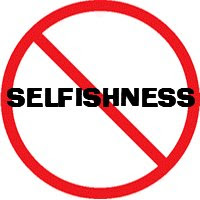












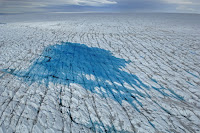




















































































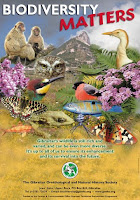

























































































.jpg)




















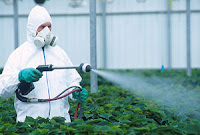


































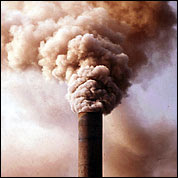













































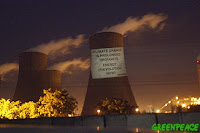













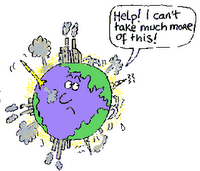


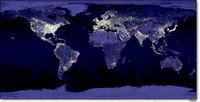
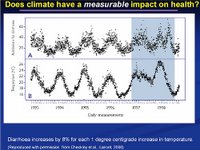
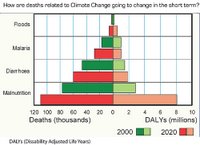
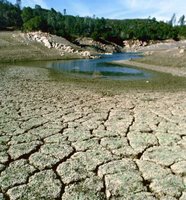

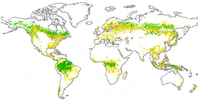




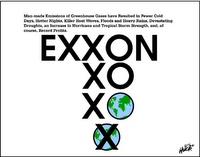



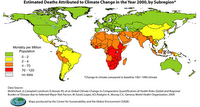


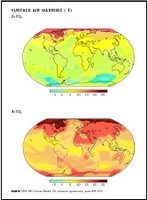








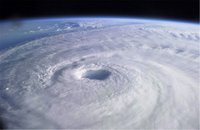



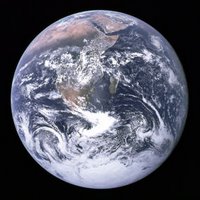

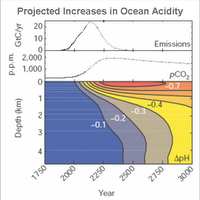
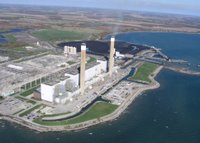
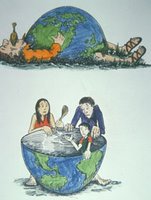




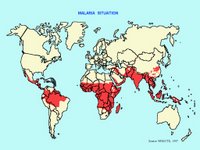



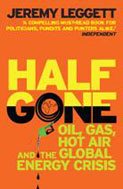






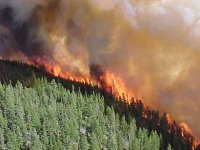





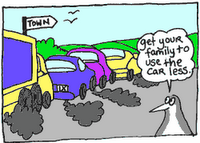
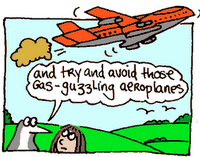



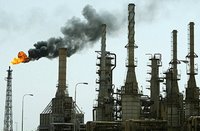
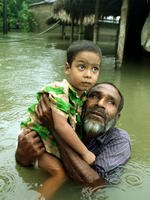





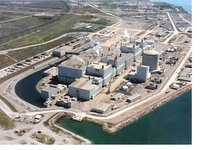






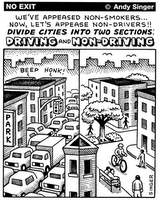
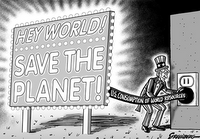


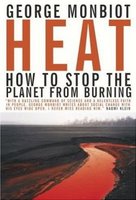



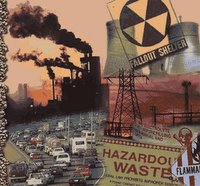

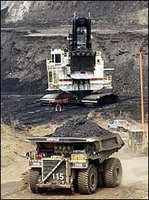
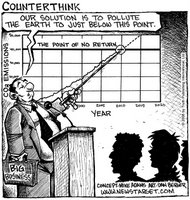

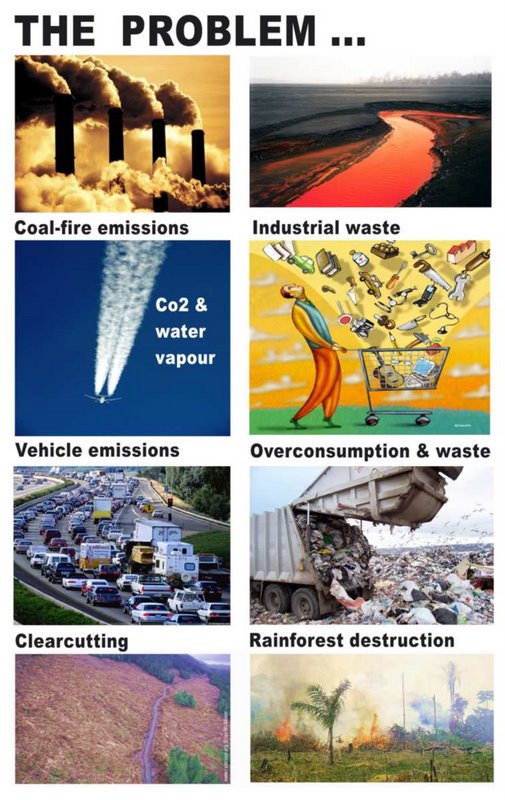
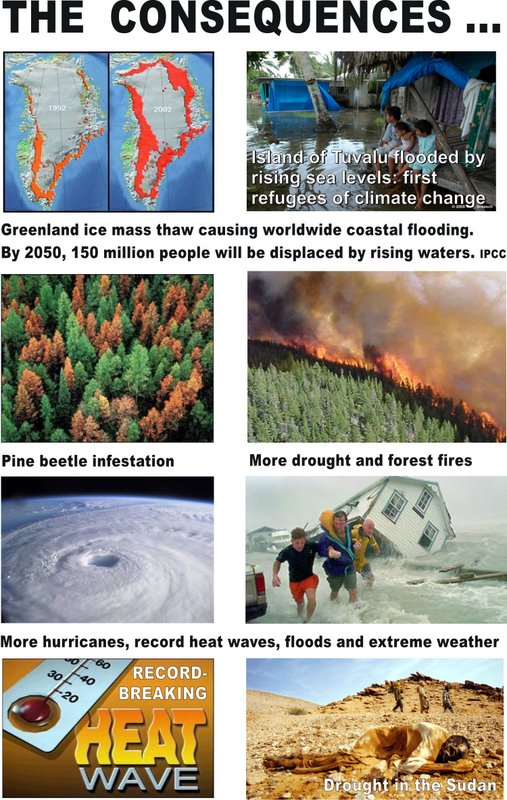
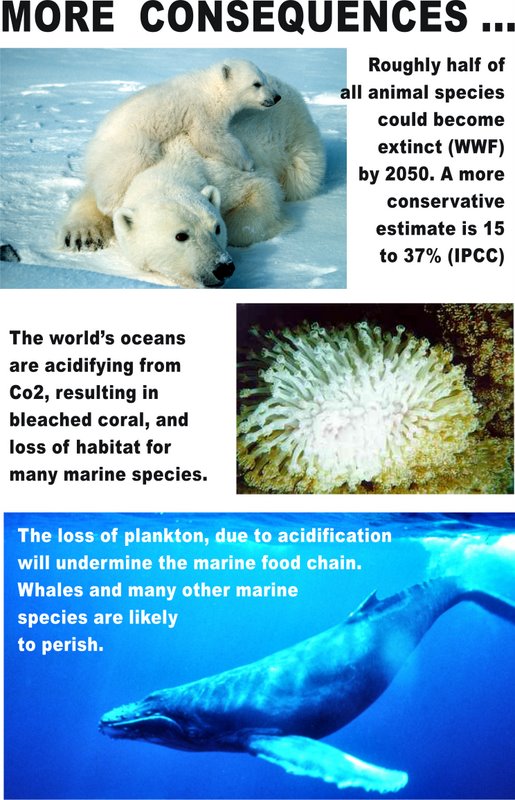
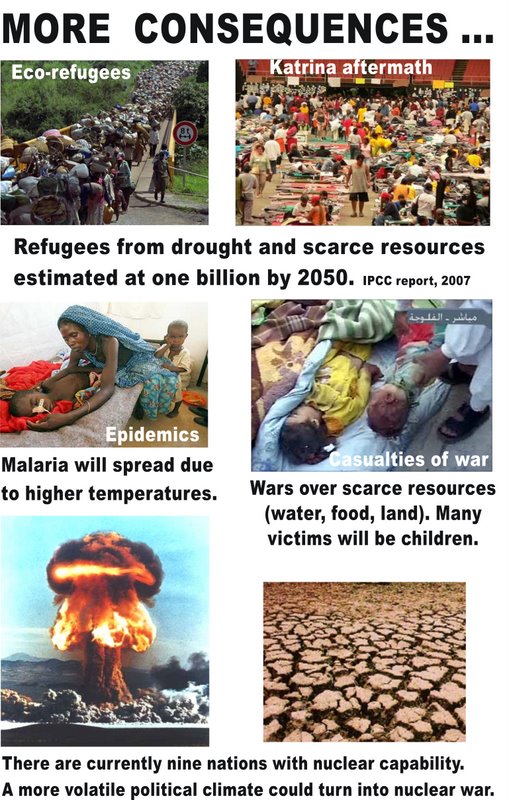

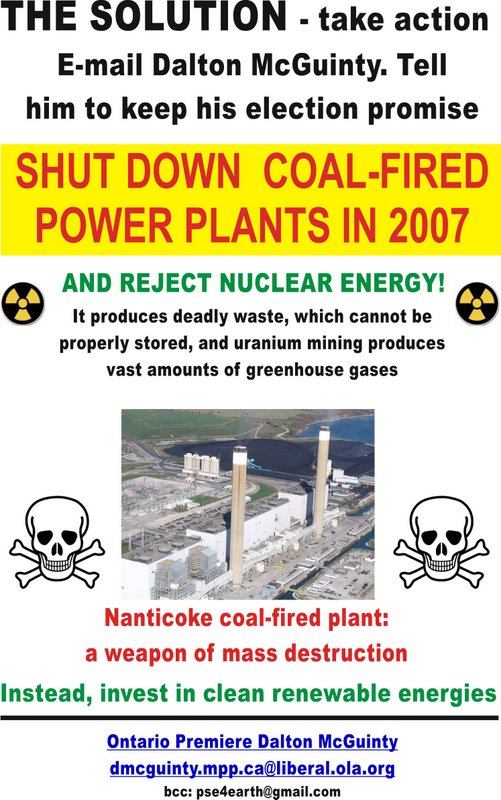

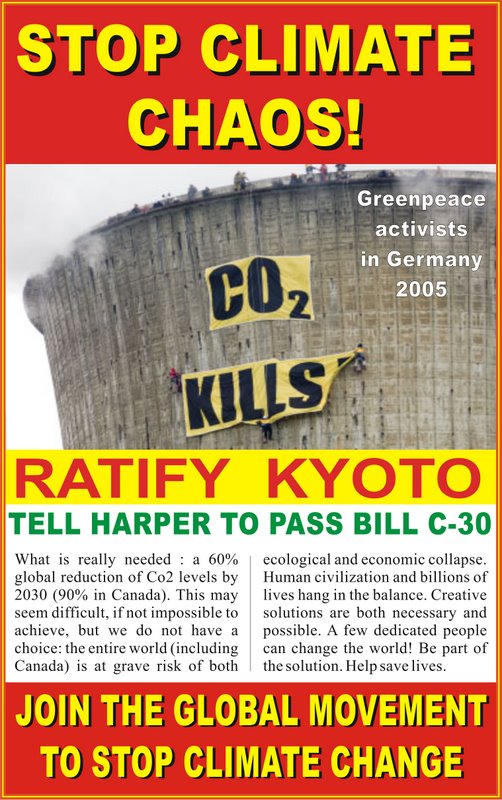
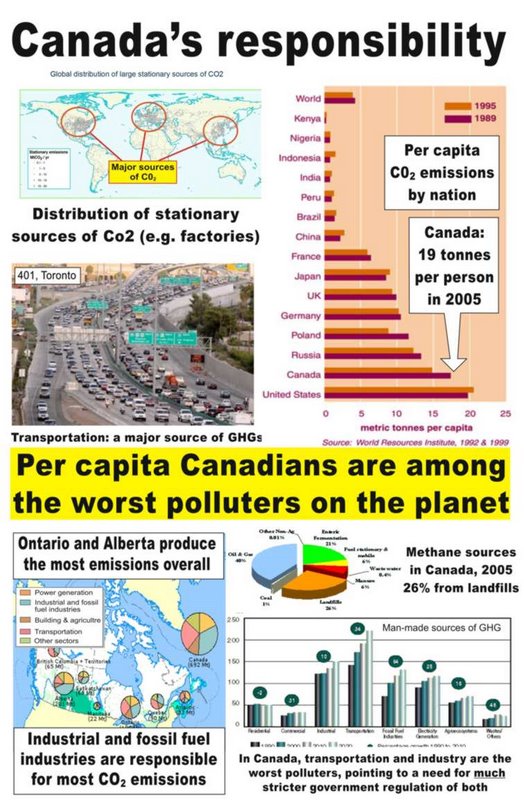
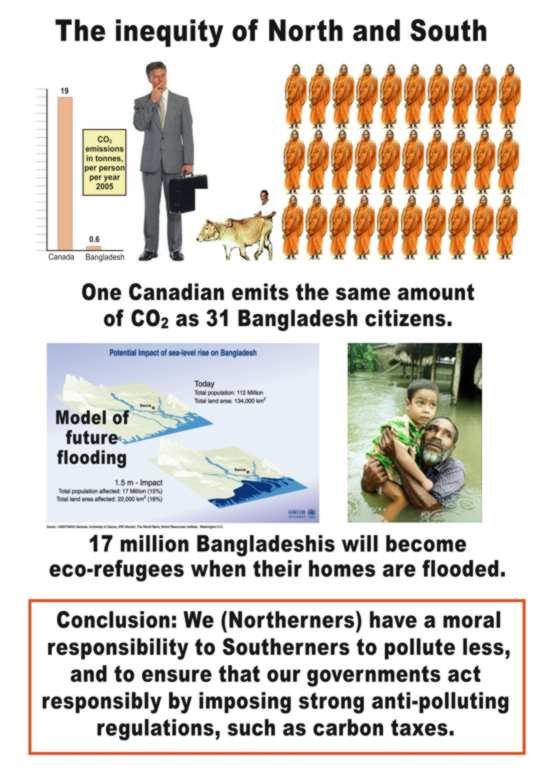
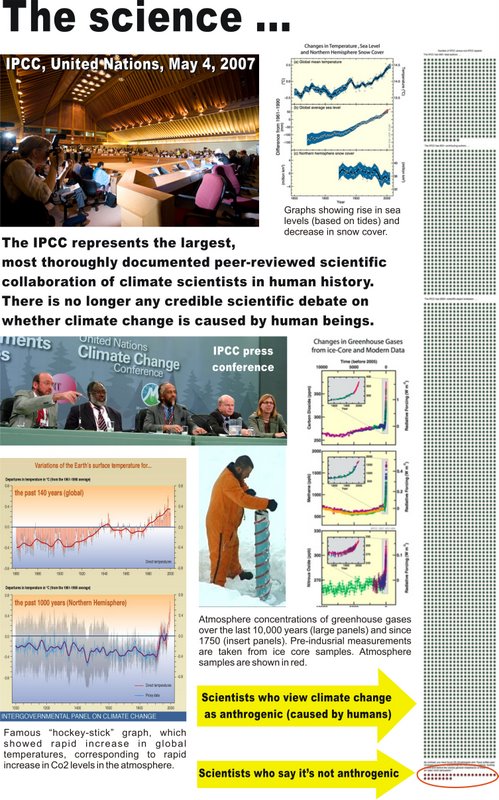
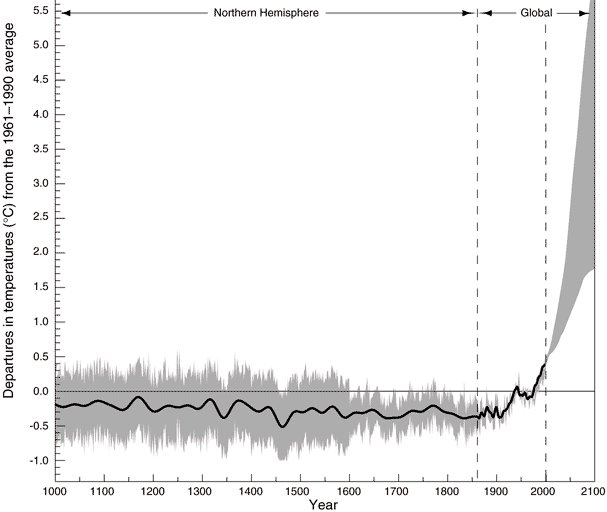


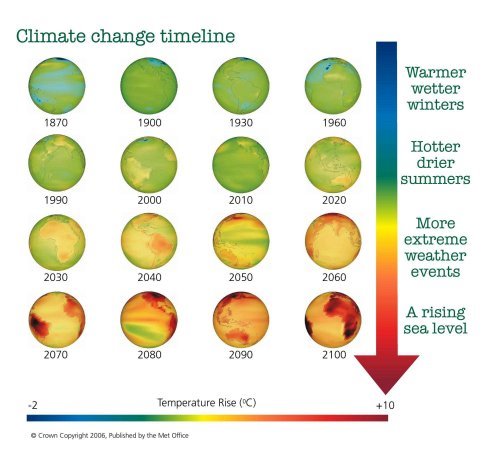




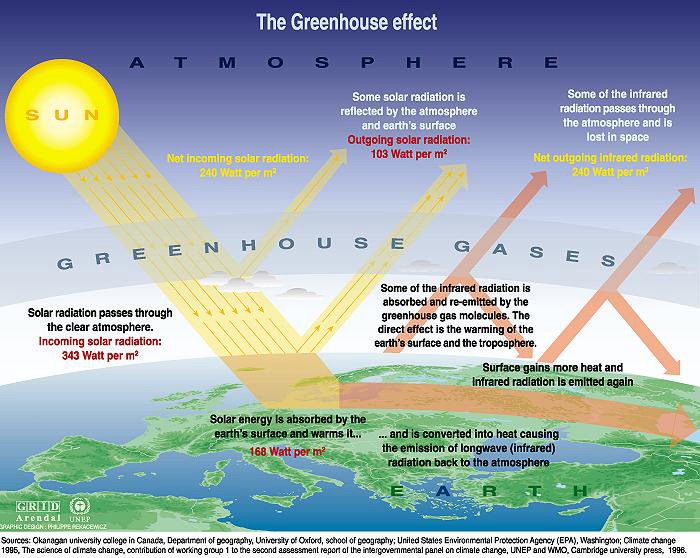
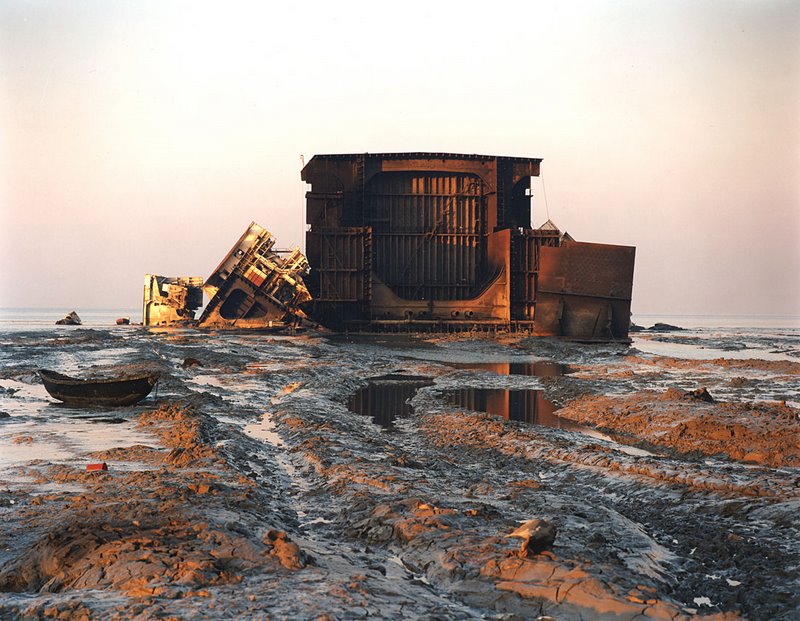
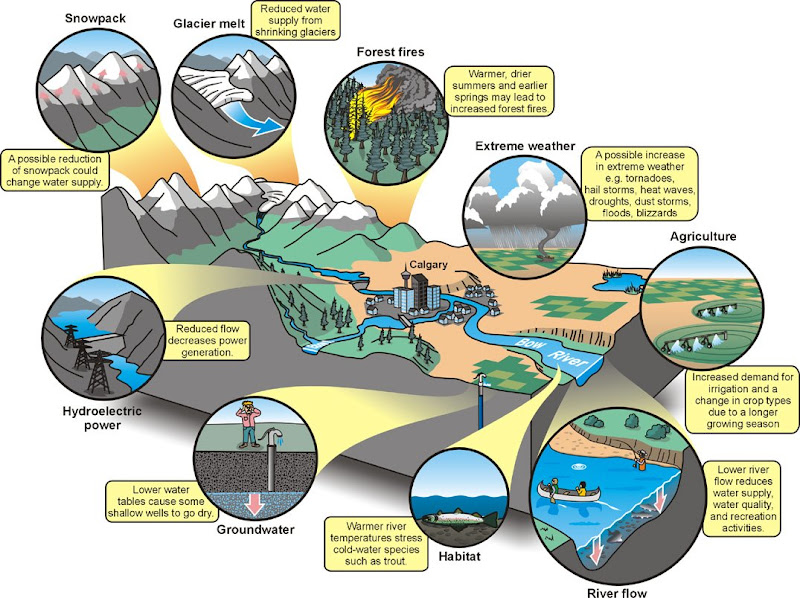

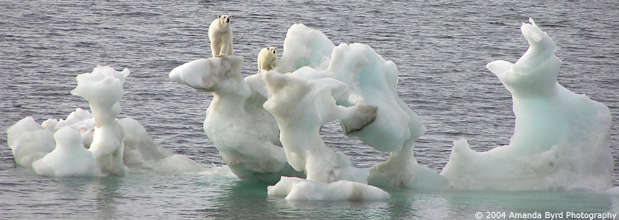




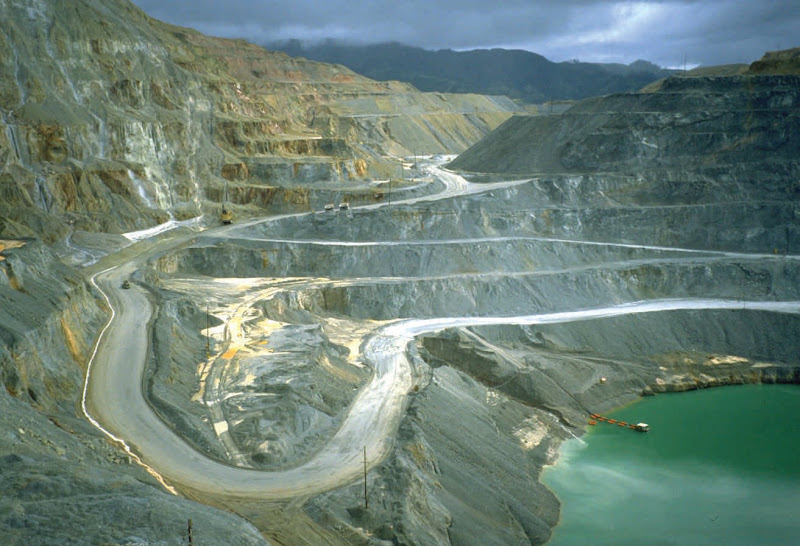
No comments:
Post a Comment